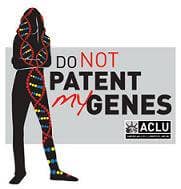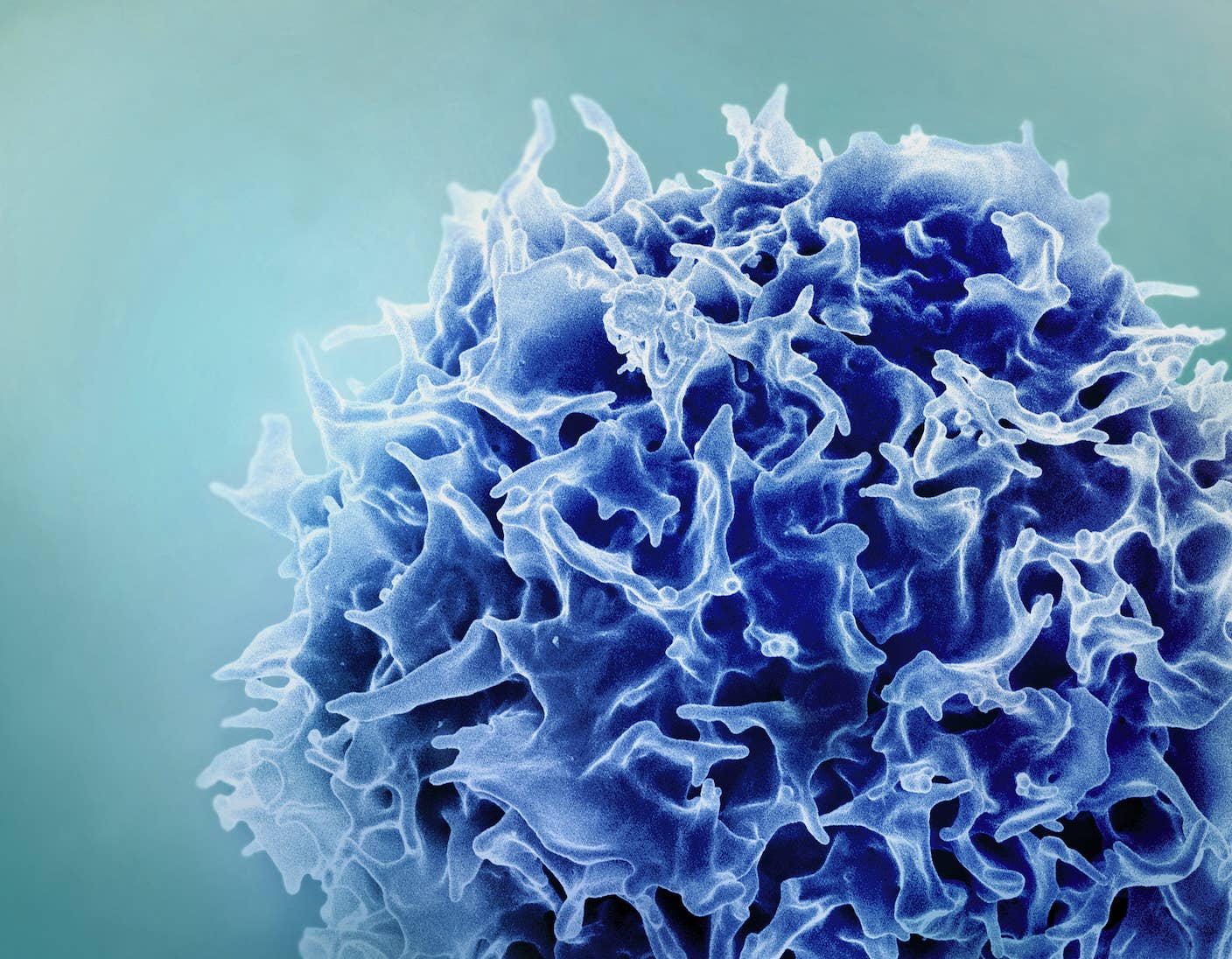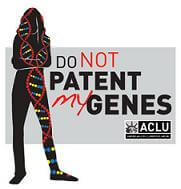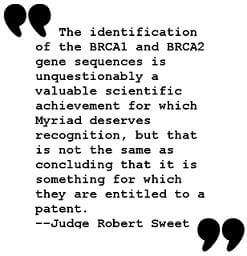US Court Strikes Down Patent on Human Genes – Huge News for Genomics

Share
In what is sure to become a landmark case for genomics, a US District Court Judge in New York (Robert Sweet) has ruled that patents on human genes held by Myriad Genetics are invalid. These patents, on the BRCA1 and BRCA2 genes, were issued more than a decade ago and gave Myriad exclusive rights to examine those sections of DNA. Mutations in BRCA 1 and 2 carry important links to breast and ovarian cancer, and Myriad's BRAC Analysis (Be Ready Against Cancer) genetic screening is used to provide patients with a better understanding of their risk for the diseases. The court decision effectively eliminates Myriad's rights to solely market tests on the BRCA genes, which may lower costs (previously up to $3000) for those interested in the tests . The American Civil Liberties Union (ACLU) lead the attack against the Myriad patents which it shares equally with the University of Utah Research Foundation. This case has wide ranging implications for the entire genomics community. 20% of human genes are patented, often along with the process of identifying the genes, and these patents are now drawn into question. It is almost certain that this ruling will be appealed and eventually reach the US Supreme Court. It may take years before a final decision is made, but for now it seems like the human genome may no longer be up for grabs as intellectual property. Thank goodness.
Biotech intellectual property rights are big business. We've seen company stock prices surge with the grant of a new patent. Myriad's price (NASDAQ: MYGN) had a rough drop since the announcement of the court ruling. Investors, not just in Myriad but in all firms with genetic patents, must be asking themselves how far reaching this decision may be.
Judge Sweet's ruling is long (150+ pages), but you can find a copy of it here thanks to the Genomics Law Report. Likewise, the patents Myriad holds on the BRCA genes are numerous (1,2,3,4, ...). Trying to sift through this legal material is difficult, but we can summarize the ruling down to two facts. Sweet found that:
- The DNA patented by Myriad Genetics (isolated from the human body in a lab, along with mutations there of) are not markedly different from natural DNA (that found in your body, mutated or otherwise).
- Comparing DNA sequences to identify BRCA genes and their mutations is an abstract mental process.
In other words, you can't patent nature and you can't patent a fundamental idea of science. There's little doubt that the breadth of these two findings are likely to apply to the vast majority of patents on genes in the United States.
Human genes, that is. Patents on plants and animals are unlikely to be called into question at this time. That's because many such patents are not held on 'natural' organisms, but on those that have been genetically modified. Whether it's pest-resistant rice or artificial meat, GM foods are generally thought to represent an engineered good.
Which begs the question, would Sweet's ruling cover human genes that have undergone engineering. Probably not, but the germline mutations of humans is still largely opposed so the cases involved are likely to be small. One day, however, we may all carry a few genetic modifications. Gene therapies could alter the DNA (or maybe just the protein production) in our bodies. Would such variations then mean we are carrying some corporation's intellectual property inside us? What if someone naturally developed such genes on their own...would their bodies be committing copyright infringement?
Be Part of the Future
Sign up to receive top stories about groundbreaking technologies and visionary thinkers from SingularityHub.


That's the sort of terrifying prospect that could await us if we continue to allow patents on human genetic material. It's one thing to patent a process on making a chemical, or even that chemical itself, but when the chemical is your DNA...your allowing ownership (at least in part) of a human.
Of course Myriad Genetics isn't trying to enslave humanity. No biopharmaceutical company, as far I can tell, is so stupidly nefarious. MG's products help patients identify their risks of cancer. That's certainly not a bad thing - in fact it should be applauded. Indeed, Myriad Genetics has made the claim that such patents on genes allow the holding company to develop techniques secure in the knowledge that they can turn a profit to compensate for their investment. Without such guarantees to their work, MG lawyers have argued, research will be stifled.
But certainly research has been stifled in the other direction as well. By holding exclusive rights to the BRCA genes, Myriad Genetics keeps other companies from freely working on the same gene without fear of legal reprisal. Apply that scenario to the 20% of human genes patented and you begin to wonder how much research has been stunted by this hording of genetic territory. If we applaud MG for developing cancer risk assessments and treatments, we must also reprimand them for preventing others from doing the same.
We may need to rethink patents. Intellectual property as a whole is undergoing a metamorphosis (much like privacy) and it's becoming increasingly clear that such restrictions may not be enforceable. China seems to violate patents whenever it feels like it. Brazil permitted the creation of generic versions of AIDS medications in spite of patents. Even within a single country (like the US) consumers are pirating copyrighted material. We are struggling with these legal issues (locally and globally) but it seems likely that the free exchange of information (via the internet) is counteracting the premise of intellectual property on a fundamental level.
Even if we somehow managed to find ways to rigidly enforce all patents, I don't think we would want to extend that enforcement into genetics. We are our genes. Even as we learn to alter and influence how those genes are expressed, humans still need the inalienable rights to their DNA. Anything else would be socially disruptive on a grand scale, not to mention terrifying. In the more limited cases of research and development (patenting just the identification process or a certain technique to refine genetic material for testing) things may become gray. How can we best allow companies to find a return on their investment (and thus encourage investment) without preventing other firms from also developing similar work (thus encouraging research)? It's a difficult question and one that is likely to be years in the answering. For now, it is enough to look at Judge Sweet's ruling and wonder how long it will be until the next court case. We've only just begun.
[image credit:ACLU]
[Source: US District Court Ruling, Genomics Law Report, Myriad Genetics]
Related Articles

Single Injection Transforms the Immune System Into a Cancer-Killing Machine

This Light-Powered AI Chip Is 100x Faster Than a Top Nvidia GPU

This Week’s Awesome Tech Stories From Around the Web (Through December 20)
What we’re reading

